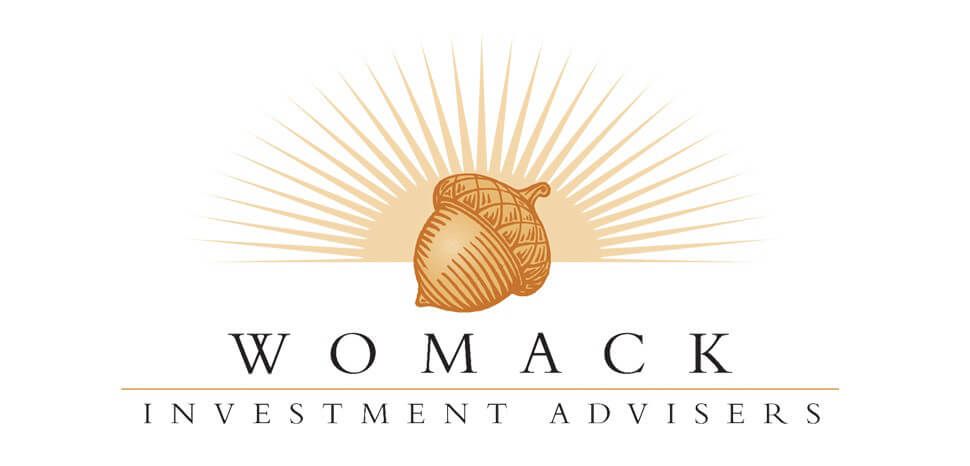1366 E 15th St, Edmond, OK 73013
Tel: (405) 340-1717 Fax: (405) 340-6091
Email: greg@womackadvisers.com
SEC's Response to China's New Regulations

The Chinese dragon cast a shadow over free trade and foreign investment last week.
For decades, investors have recognized the investment potential of China. Since the country opened to foreign trade and investment in 1979, its economy has grown rapidly. Through 2018, its gross domestic product (GDP), which is a measure of economic growth, increased by 9.5% a year, on average, according to the United States Congressional Research Service.
The country’s gradual economic development lifted millions out of poverty. In 2020, about 20 percent of the world’s middle class lived in China. China’s middle class has an appetite for goods and services that rivals that of America’s middle class, creating demand for a wealth of goods and services, reported the Brookings Institute.
In recent months, investors have been unsettled as Chinese authorities aggressively implemented new regulations for its online education industry and its technology companies. Austin Carr and Coco Liu of Bloomberg reported:
“President Xi’s government has outlined sectors it wants to prioritize, including semiconductors and artificial intelligence. Xi has called the data its tech industry collects ‘an essential and strategic resource’ and has been pushing to tap into it for years.”
In early July, the Cyberspace Administration of China launched an investigation of the nation’s largest ride-hailing service company for monopolistic behavior. A month before, the company had raised $4.4 billion when it listed shares on the New York Stock Exchange. Jing Yang of The Wall Street Journal recently reported the company is considering delisting in an effort to placate Chinese authorities and compensate investors for losses.
Last week, “The selloff in Chinese stocks went from an orderly pullback to a full-blown panic…after China told its for-profit education companies that they would have to become nonprofits,” reported Ben Levisohn of Barron’s.
The Securities and Exchange Commission responded by announcing that it would stop processing registrations of U.S. IPOs and other sales of securities by Chinese companies until specific requirements were met.
The Shanghai Composite Index finished the week lower, as did major U.S. stock indices, reported Barron’s. The yield on 10-year U.S. Treasuries closed lower, too.
Womack Investment Advisers, Inc. (WIA) is a registered investment adviser whose principal office is located in Oklahoma. Womack Investment Advisers, Inc. is also registered in the State of California, the State of Illinois, the State of Indiana, and the State of Texas. WIA only transacts business in sates where it is properly registered, or excluded, or exempted from registration requirements.
The Legal Stuff
Useful Links
Contact info
Get Our Weekly Newsletter!
Contact Us
Thanks! You'll start receiving our valuable newsletter to your inbox weekly!
Please try again later

